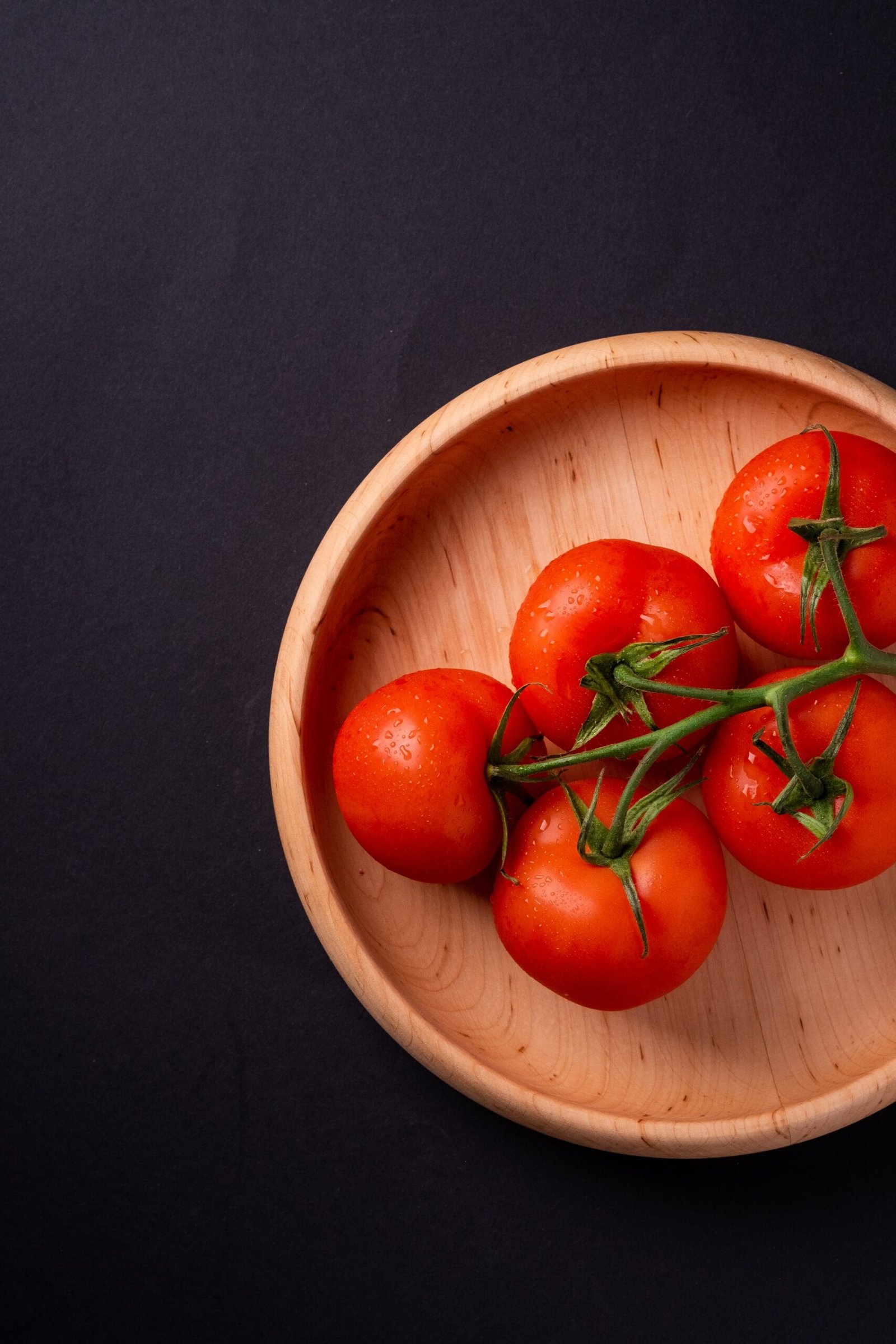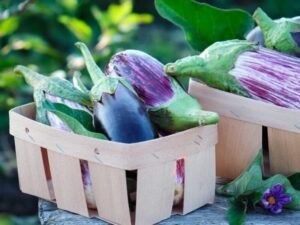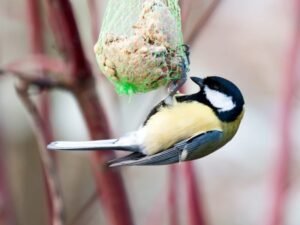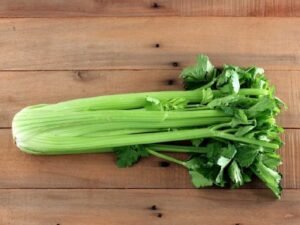There’s nothing more frustrating than watching your promising fruits split open before they fully ripen. Fruit splitting, also known as fruit cracking, is a common issue faced by home gardeners.
This phenomenon occurs when the skin of the fruit ruptures due to internal pressure caused by fluctuating water levels. In this article, we will explore why fruit splitting happens, which plants are most susceptible, and what you can do to prevent it from occurring in your garden.
What Causes Fruit Splitting?
Fruit splitting is primarily caused by irregular watering patterns, particularly during crucial growth periods. When plants experience a sudden increase in moisture availability, their cells expand rapidly.
However, if the fruit reaches its limit for water absorption, the pressure on the cell walls becomes too much, resulting in splits. Factors like heavy rainfall, overwatering, or uneven irrigation can contribute to this issue.
Which Fruits Are Prone to Splitting?
Fruit splitting is commonly observed in various fruits, including tomatoes, cherries, apples, peaches, and citrus fruits. These fruits have different levels of susceptibility based on their skin thickness and genetic factors.
For example, cherry tomatoes are highly prone to splitting due to their delicate skins, while lemons and oranges may also crack under certain conditions. Understanding the specific vulnerabilities of each fruit can help you take targeted preventive measures.
Prevention and Management:
Consistent Watering:
Maintaining even soil moisture levels is essential to avoid sudden fluctuations in water availability. Deep and regular watering is crucial during the fruit development stage to provide a consistent water supply. Monitor the soil moisture levels using a moisture meter and adjust your watering schedule accordingly.
Mulching:
Apply a layer of organic mulch around the base of fruit plants to regulate soil temperature and moisture levels. Mulch helps retain soil moisture and reduces the risk of rapid water uptake by the plants, thereby preventing fruit splitting.
Proper Nutrition:
Avoid excessive use of nitrogen-rich fertilisers, as this can lead to uncontrolled vegetative growth and increased fruit splitting. Instead, opt for balanced fertilizers or slow-release options to provide a consistent and gradual nutrient supply to the plants.
Weather Protection:
While it may not always be possible for home gardeners, protecting your plants from extreme weather conditions, such as heavy rainfall or rapid temperature fluctuations, can help mitigate fruit splitting. Consider using covers or umbrellas during heavy rain or providing shade during scorching summer days.
Timely Harvesting:
Harvest your fruits promptly when they reach the appropriate maturity stage. Leaving overripe fruits on the plant can make them more susceptible to splitting. Regularly check your plants and harvest any ripe fruits to reduce the chances of splitting.
Conclusion
Fruit splitting can be a frustrating problem for gardeners, but understanding its causes and taking preventive measures can significantly reduce its occurrence. By ensuring consistent watering, providing adequate nutrition, utilizing mulching techniques, and being mindful of weather conditions, you can improve fruit quality and minimize the risk of splitting.
Keep a careful eye on your plants and promptly address any issues to enjoy a bountiful harvest of healthy, intact fruits in your garden.
Frequently Asked Questions
Here are some frequently asked questions (FAQs) about fruit splitting:
Q: What causes fruit splitting?
A: Fruit splitting is primarily caused by erratic water supply. When plants experience a sudden increase in water availability, the fruit absorbs water rapidly and expands. If the fruit reaches its limit for water absorption, the internal pressure becomes too much for the cell walls to handle, resulting in splits.
Q: Which fruits are most prone to splitting?
A: Fruit splitting can occur in various fruits, but some of the most susceptible ones include tomatoes, cherries, apples, peaches, and citrus fruits. Different types of fruit have different thresholds for how much water they can absorb before splitting.
Q: How can I prevent fruit splitting in my garden?
A: There are several preventive measures that you can take to reduce the likelihood of fruit splitting. These include maintaining consistent watering to avoid sudden fluctuations, using mulch to regulate soil moisture, providing proper nutrition to prevent explosive growth, protecting plants from extreme weather conditions, and harvesting fruits promptly when they reach the appropriate maturity stage.
Q: Can overwatering cause fruit splitting?
A: Yes, overwatering can contribute to fruit splitting. When plants receive excessive amounts of water, the fruit absorbs more water than it can handle, causing it to expand rapidly and ultimately split. It is important to maintain a balanced watering schedule and monitor the moisture levels in the soil.
Q: Is there any way to fix fruit splitting once it occurs?
A: Unfortunately, once fruit splitting has occurred, there is not much that can be done to fix it. The best approach is to prevent it from happening in the first place by following the preventive measures mentioned earlier. If you notice split fruits, you can still harvest the unaffected portions and use them, but the damaged parts are typically not salvageable.
Q: Can environmental factors contribute to fruit splitting?
A: Yes, environmental factors such as heavy rainfall, rapid temperature fluctuations, or extreme humidity can contribute to fruit splitting. These factors can lead to sudden changes in water availability for the plants, increasing the risk of fruit splitting. Providing protection from such conditions can be beneficial.
Q: How can I determine if my fruit is at risk of splitting?
A: While it is difficult to predict with certainty, some signs that indicate increased risk of fruit splitting include periods of heavy rainfall, rapid growth spurts in plants, or uneven watering practices. Regular monitoring of your plants, especially during critical growth stages, can help you identify signs of potential splitting and take preventive measures.
Remember, preventing fruit splitting involves providing consistent care and addressing any imbalances in water supply and nutrition. By taking proactive measures, you can minimise the occurrence of fruit splitting and enjoy healthy, intact fruits in your garden.




































